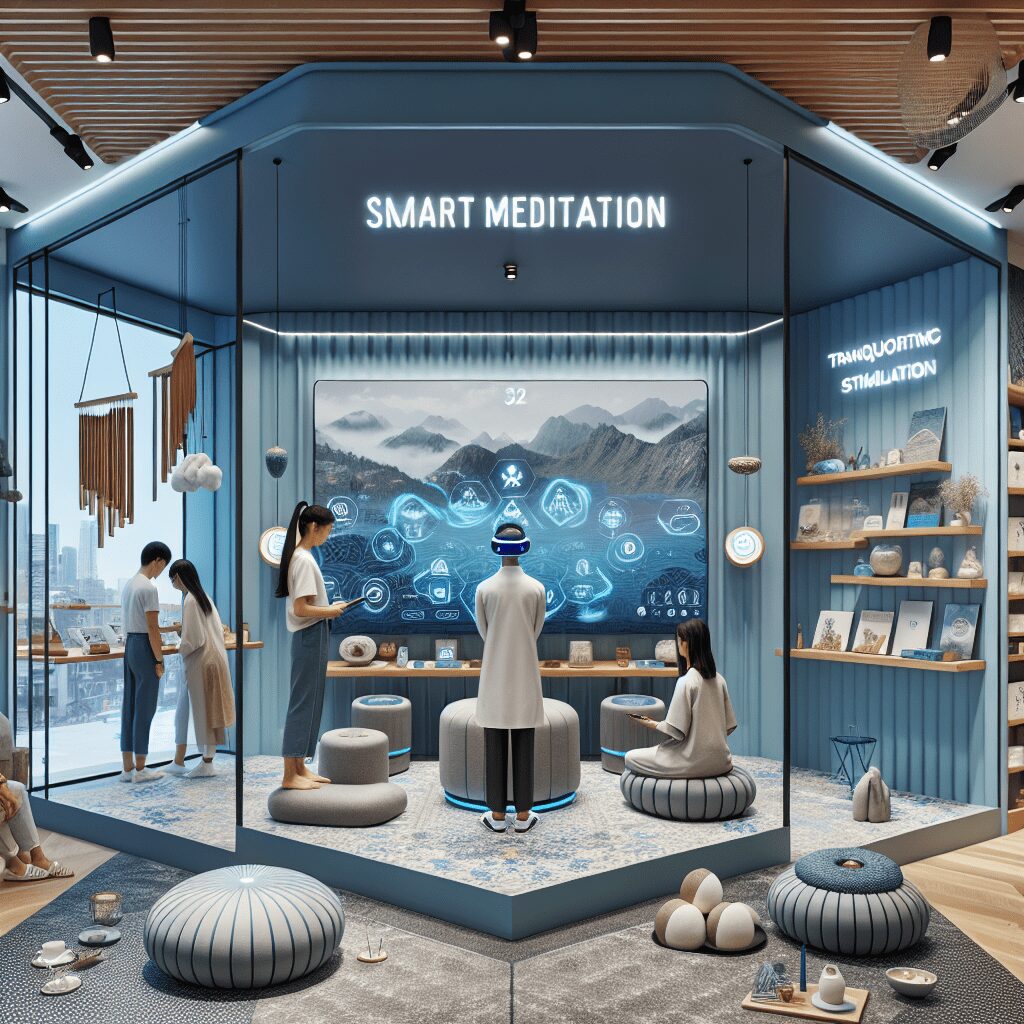
Prioritize your mental well-being daily. Enhance your life by nurturing your mental health with the Smart Meditation app. Break free from stress, alleviate anxiety, and enhance your sleep quality starting today.
Does Depression Reduce Zits?
Unraveling the Connection: Depression and Acne
In the maze of health and wellness trends, it’s not uncommon to stumble upon assertions that can make you do a double-take. One such claim circling the corners of conversations and online forums is the intriguing question: Does depression reduce zits? At first glance, it might seem like an odd correlation to draw. After all, what could a mental health condition possibly have to do with the state of your skin? Well, buckle up, because we’re about to dive deep into the science and myths surrounding this topic.
The Skin-Depression Conundrum: Fact vs. Fiction
To get to the bottom of this, let’s first unravel what we know about both players in this scenario. Depression is a multifaceted mental health condition characterized by persistent feelings of sadness, loss, or anger that interfere with daily activities. Acne, on the other hand, is primarily a skin condition manifested through pimples, blackheads, and cysts, often due to clogged pores or hormonal fluctuations.
The Hormonal Link
Hormones are the common thread running through the tapestry of both conditions. When stressed or depressed, the body’s response often includes the release of cortisol, the stress hormone. For some, this hormonal spike can lead to increased oil production in the skin, potentially exacerbating acne. So, in theory, depression could indirectly up the ante when it comes to breakouts, rather than dialing them down.
The Mind-Skin Connection
Ever heard of the term “psychodermatology”? It’s a field that explores the dynamic interplay between mind and skin, delving into how emotional and psychological states can impact skin health. Research from this realm suggests that stress and emotional turmoil can indeed exacerbate skin conditions, including acne. So, if anything, the evidence skews more toward depression potentially worsening acne rather than ameliorating it.
Lifestyle Factors: The Often-Overlooked Culprits
When mired in the throes of depression, individuals might find their self-care routines on the backburner. Irregular sleeping patterns, poor dietary choices, and neglecting skincare can become all too common. These lifestyle changes, indirectly fueled by depression, can certainly do no favors for anyone fighting the good fight against acne.
Bust or Trust: The Verdict on Depression and Acne
In a nutshell, the claim that depression might reduce zits doesn’t quite hold up under scrutiny. Actually, it’s quite the opposite; depression has more potential to aggravate acne than alleviate it. It’s crucial, therefore, to approach both conditions with the care and seriousness they deserve.
Tackling the Dynamic Duo
If you’re juggling the double whammy of depression and acne, here are a few strategies that might just help you keep both at bay:
- Seek Professional Help: This one’s a no-brainer. Consulting with a therapist for depression and a dermatologist for acne can set you on the right path to managing both conditions effectively.
- Mindfulness and Stress Reduction: Techniques such as meditation, yoga, or even simple breathing exercises can help manage stress levels, potentially mitigating some triggers for both depression and acne.
- Skincare Regimen: Keeping up with a daily skincare routine tailored to your skin type can work wonders in keeping acne under control.
- Healthy Lifestyle Choices: An oft-repeated advice, but golden – regular exercise, a balanced diet, and adequate sleep can impact your overall well-being, skin included.
In conclusion, while the myth that depression could somehow be a silver lining for acne sufferers doesn’t hold water, understanding the complex relationship between mental health and skin health could empower individuals to seek more holistic approaches to well-being. Let’s not forget, our body and mind are inextricably linked – taking care of one benefits the other.





